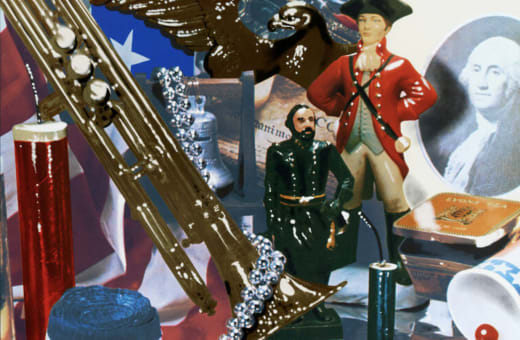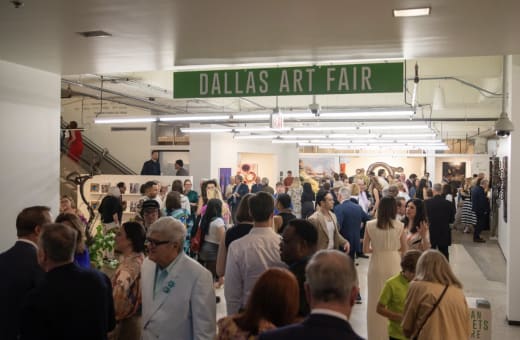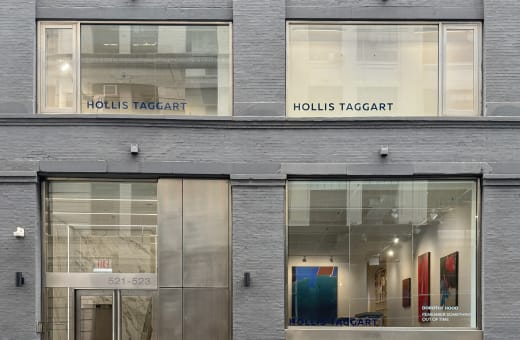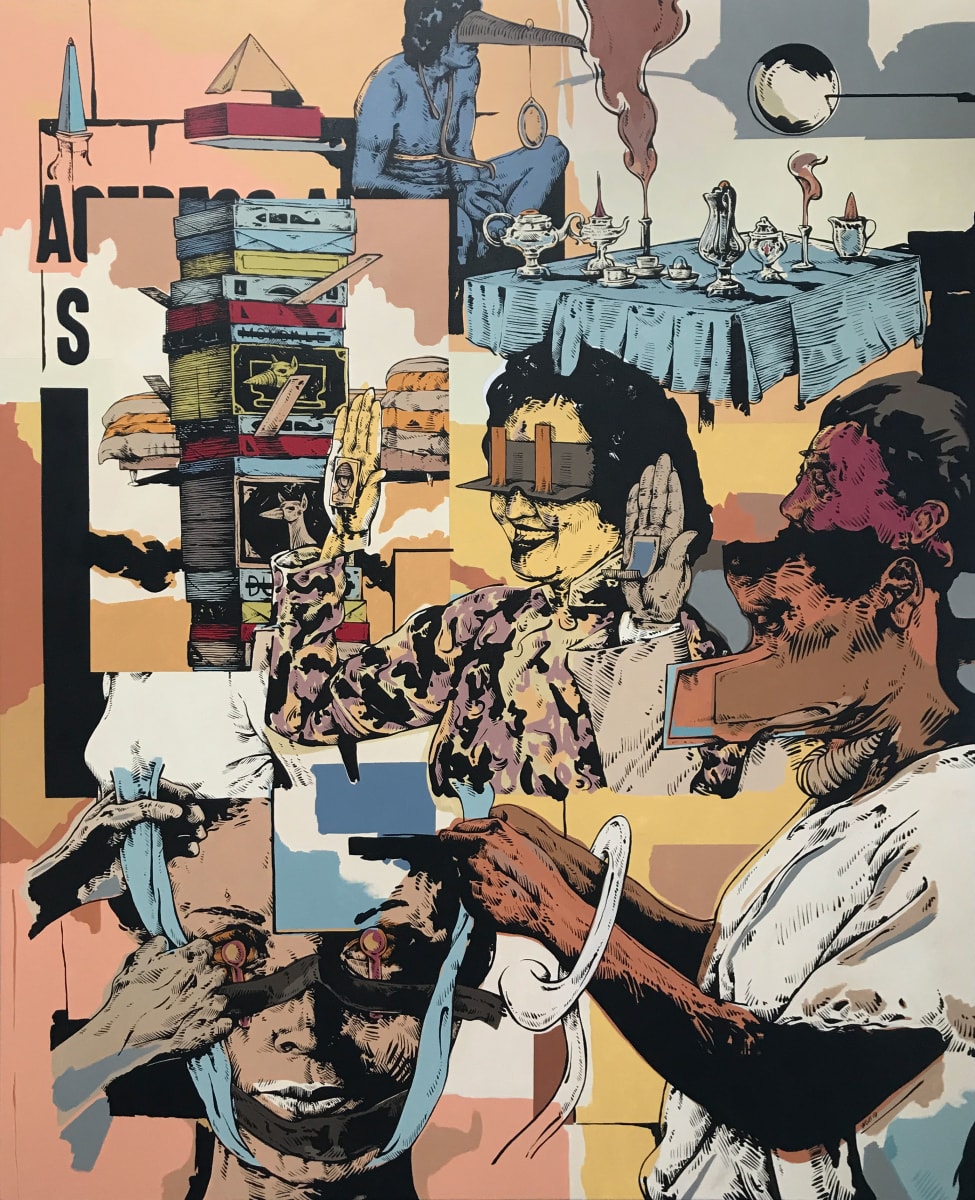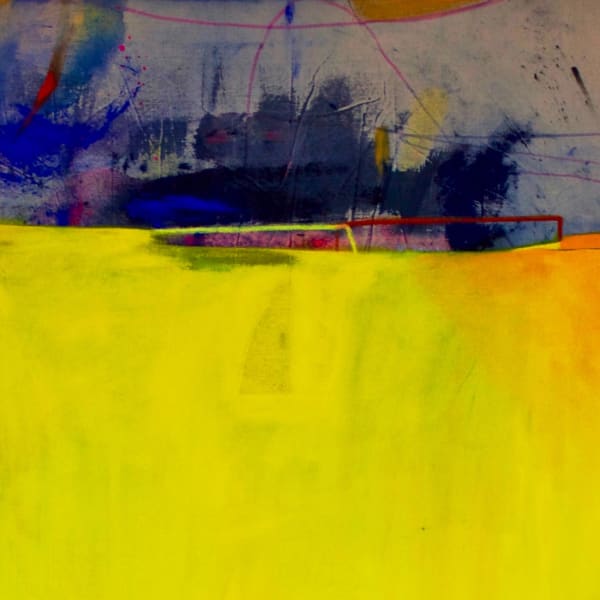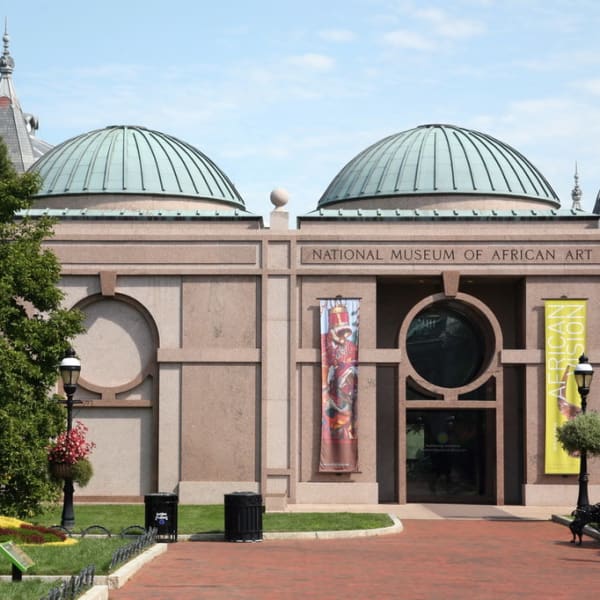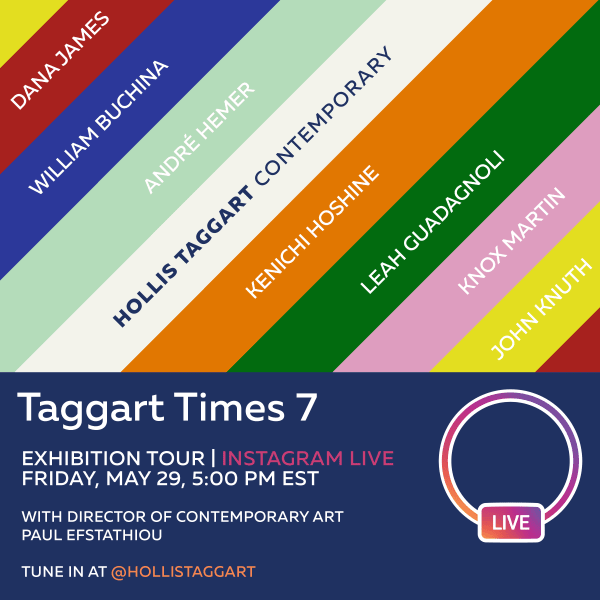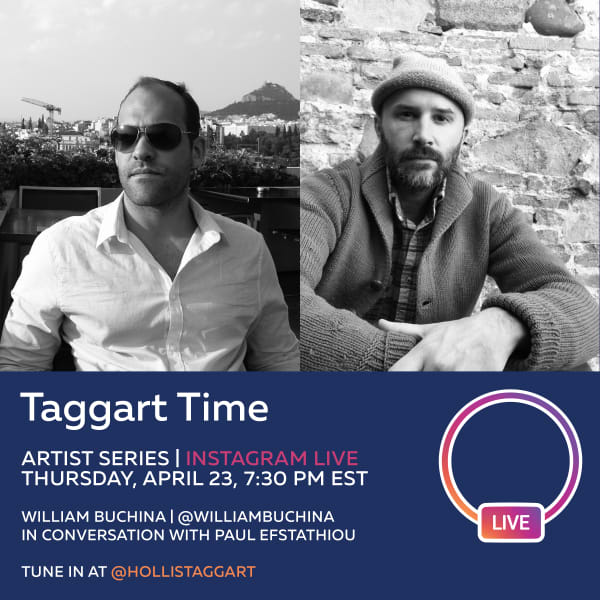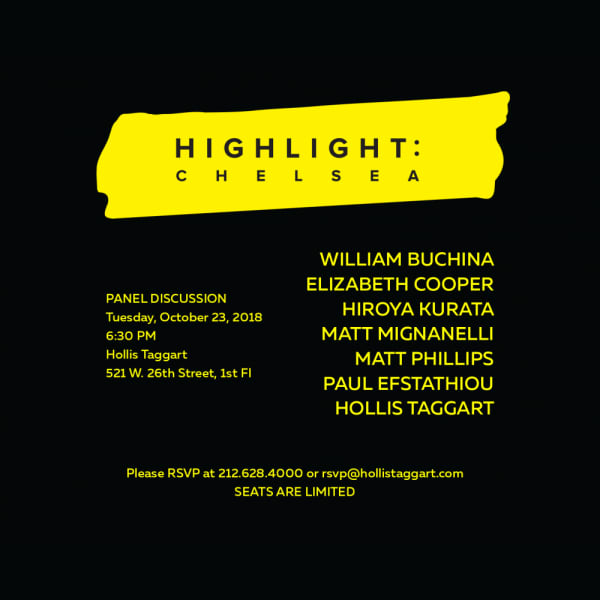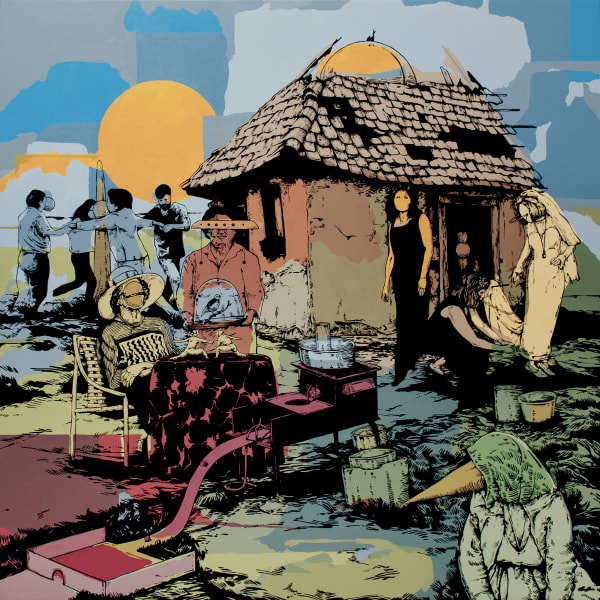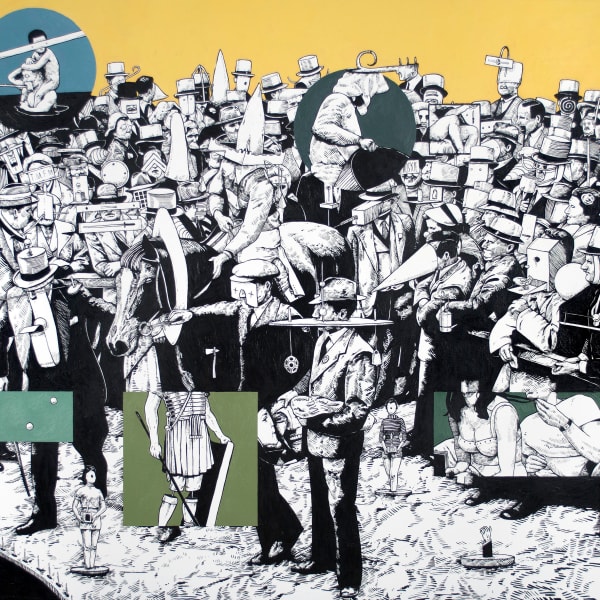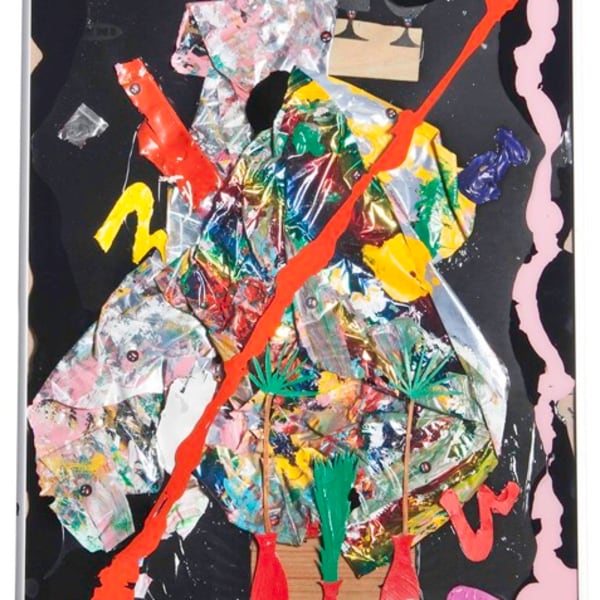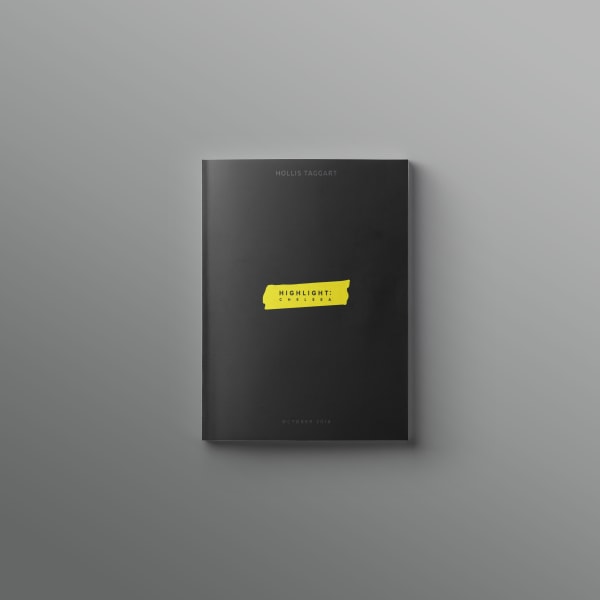
The panoply of references contained within William Buchina’s acrylic and ink paintings serve both to reveal and to obscure their own complex meanings.
The panoply of references contained within William Buchina’s acrylic and ink paintings serve both to reveal and to obscure their own complex meanings. The works share visual similarities with Victorian etchings or even contemporary graphic novels, but close observation of their details reveal Buchina’s Surrealist leanings. He creates dystopian narrative scenes, culling imagery from innumerable sources, building satirical mash-ups. The process of finding the disparate source material is as significant to Buchina’s art making as actually applying materials to canvas. At the intersection of his collection of found objects, old and new, Buchina builds layered compositions that challenge both the mind and the eye.
The panoply of references contained within William Buchina’s acrylic and ink paintings serve both to reveal and to obscure their own complex meanings. The works share visual similarities with Victorian etchings or even contemporary graphic novels, but close observation of their details reveal Buchina’s Surrealist leanings. He creates dystopian narrative scenes, culling imagery from innumerable sources, building satirical mash-ups. The process of finding the disparate source material is as significant to Buchina’s art making as actually applying materials to canvas. At the intersection of his collection of found objects, old and new, Buchina builds layered compositions that challenge both the mind and the eye.
Buchina’s new work depicts assemblies and crowds seemingly gathered for religious, political, or marshal purposes. His cramped compositions convey the hectic and slightly unreal quality of the assembled mob. These figures have been culled from various print media and historical sources, chosen from the artist’s vast archive of visual source material. Buchina collectively transforms his sources through drawing and his signature stark black and white acrylic. Many of the faces in the crowd are obscured by masks, signs, or abstract forms, heightening the sense of mystery. Buchina draws inspiration from the rituals of religious ceremony and fraternal orders, adapting their gestures and symbols to his own surreal scenes. Though the diverse imagery coheres into a formally powerful and intriguing whole, no strict narrative is formed within Buchina’s compositions; he leaves enough ambiguity for the viewer to infuse the work with their own meaning.
William Buchina has been featured in solo gallery exhibitions in New York and Brooklyn, as well as Upstate New York and abroad, and has been the subject of profiles in Interview and The New York Times Magazine. He lives and works in Brooklyn.
